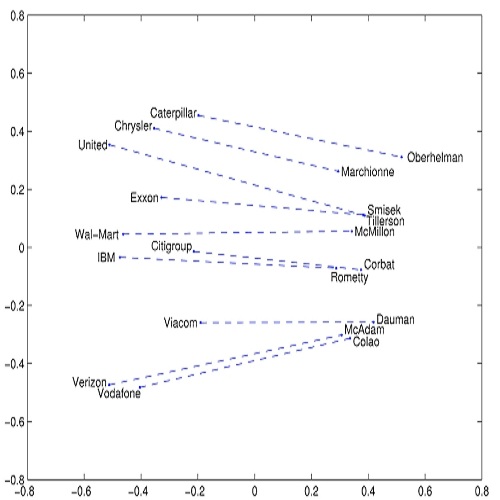Word embeddings can reflect the semantic representations, and the embedding qualities can be comprehensively evaluated with human natural reading-related cognitive data sources. In this paper, we proposed the CogniFNN framework, which is the first attempt at using fuzzy neural networks to extract non-linear and non-stationary characteristics for evaluations of English word embeddings against the corresponding cognitive datasets. In our experiment, we used 15 human cognitive datasets across three modalities: EEG, fMRI, and eye-tracking, and selected the mean square error and multiple hypotheses testing as metrics to evaluate our proposed CogniFNN framework. Compared to the recent pioneer framework, our proposed CogniFNN showed smaller prediction errors of both context-independent (GloVe) and context-sensitive (BERT) word embeddings, and achieved higher significant ratios with randomly generated word embeddings. Our findings suggested that the CogniFNN framework could provide a more accurate and comprehensive evaluation of cognitive word embeddings. It will potentially be beneficial to the further word embeddings evaluation on extrinsic natural language processing tasks.
翻译:嵌入的字词可以反映语义表达方式, 嵌入的特性可以用人类自然阅读相关认知数据源来全面评估。 在本文中, 我们提出了 CogniFNNN 框架, 这是首次尝试使用模糊神经网络来提取非线性和非静止性特性, 用于根据相应的认知数据集来评价英语嵌入的字词。 在我们的实验中, 我们使用了15个人类认知数据集, 跨越了三种模式: EEEG、 FMRI 和眼睛跟踪, 并选择了平均方形错误和多个假设测试, 作为评价我们提议的 CogniFNN 框架的衡量标准。 与最近的先驱框架相比, 我们提议的 CogniFNNN 显示的基于背景( GloVe) 和基于背景( BERT) 嵌入的字的预测错误较小, 并且实现了与随机生成的字嵌入的词的较高比例。 我们的发现, CogniFNNNN 框架可以提供更准确和全面的认知嵌入词评估。 这可能会有利于在外语自然语言处理任务上进一步嵌入的词。





